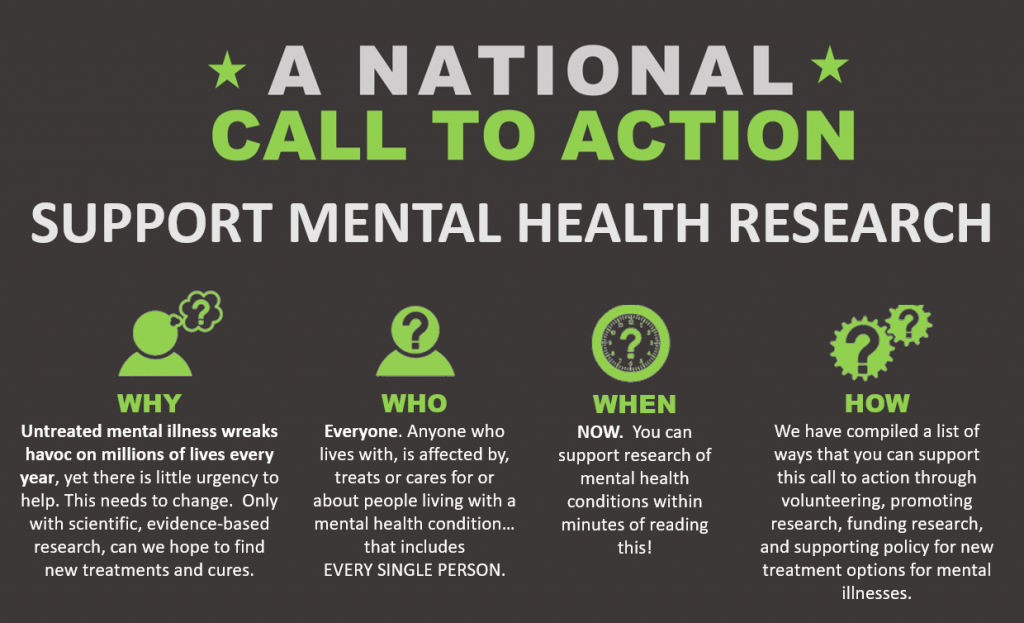

Ways You Can Support Mental Health Research Right Now:

Ask your healthcare provider about the availability of research in your area.
Simply ask, “Do you know of any research that I could participate in?” Many providers who treat mental illness are not aware of research in their communities because their patients don’t ask. Asking your provider at your next visit may encourage them to learn more about research in their community or become more involved themselves. Hold health care providers accountable for advancing mental health research by asking your health care provider about research.
Search www.clinicaltrials.gov for a clinical research trial near you.
Check out the ClinicalTrials.gov site, where you can search for clinical trials by condition or disease, by study type, or by numerous other criteria. Once you find trials being conducted for your illness, you can contact the listed contact person for that study to find out if there are any clinical research sites near you.
Contact a clinical research site in your area.
The STARR Coalition can help locate and connect you with the clinical research sites in your community. Even if they don’t have active studies you qualify for at this time, most will collect your information and contact you if something opens in the future.
Contribute to medical knowledge.
There are many ways to support mental health research beyond actually participating in a clinical research trial. You could respond to surveys, participate in advocacy/peer panels, participate in prevention or diagnostic studies, or provide genetic material to genetics databases like 23andMe that use the data for medical research.

Disseminate information about clinical research and individual studies.
There are dozens of ways to educate the public on the benefits and availability of clinical research:
- Include clinical trial recruitment ads in your organization newsletters;
- Offer research brochures (available here and here) at your organization;
- Post educational and informational posters on waiting room walls (available here);
- Add links to mental health advocacy groups that support research to your websites (some – not all – organizations are listed here);
- Invite investigators from your community to speak with your constituents (search for relevant studies and sites near you on clinicaltrials.gov).
Support your peers’ participation in medical research at large.
If you or someone you know is struggling with a mental health condition that would benefit from treatment, share information about research and help them find research near them via clinicaltrials.gov.
When the opportunity arises and whenever possible, talk about the benefits of medical research and specifically mental health research. Misconceptions about research can often be a barrier to participate — there are organizations that have resources to educate about these perceptions and support patients and caregivers to be active participants in the advancement of research (one such resource here).
Participate in Walks, Runs, and other events that bring awareness to mental health illnesses and research.
Participate in mental health awareness and fundraising events that raise funds, combat stigma, and promote awareness of mental illness. There are hundreds of these events and activities, which are usually listed in your local paper in the community section, but some other opportunities include (not a comprehensive list):
- National Alliance for Mental Illness (NAMI) Walks – find a local NAMI Walk here;
- Mental Health America offers several ways to support awareness events. You can find options to participate here;
- The Brain & Behavior Research Foundation funds research into new treatment options through grants. Information on creating your own event or participating in an existing event can be found here;
- Schizophrenia and Related Disorders Alliance of America (SARDAA) has events throughout the year, listed on their website here.
Share your story of success overcoming mental health issues with proper treatment.
Whether you are sharing your story with friends or on a more public platform, sharing a story about your mental health challenges can offer encouragement and support to others with similar experiences. The story of your successful journey with research helps bring awareness to the availability and benefits of research. Sharing your story also helps promote understanding and empathy to those without mental illness.
Online platforms for stories of individuals’ mental health journeys can be found on the following sites (not a comprehensive list):
- National Alliance for Mental Illness (NAMI) offers several places and ways to share stories (You are Not Alone) or just thoughts (Ok2Talk);
- Mental Health America (MHA) encourages sharing personal mental health stories and has developed an area on their website: #mentalillnessfeelslike here;
- Schizophrenia and Related Disorders Alliance of America (SARDAA) developed ‘Hearing Voices of Support’, an initiative to promote acceptance, support, hope & recovery for people living with schizophrenia and related brain disorders. You can listen to others’ stories and upload yours here.
- The Depression and Bipolar Support Alliance (DBSA) has a few places throughout their website with peoples’ stories, but their ‘I’m living proof’ program offers a place for you to share your story here.

Join and donate to organizations that support mental health research.
Donations to mental health advocacy groups have advanced scientific research as much as large public or private research funding. Enthusiasm for research, promotion of and volunteerism for studies often increases when there is more investment from the groups funding some of their own research.
- The National Alliance on Mental Illness (NAMI) primary responsibility in terms of research is to ensure that people affected by mental health conditions, the individual and their families, have access to the most current information regarding mental health conditions and their treatments. NAMI is supportive of research that will lead to novel and effective treatments for people with mental illness. This support includes ongoing advocacy for research that will improve the lives of individuals and their families. It also includes informing people of ongoing research on various therapies, including clinical trials for new medications. You can donate to NAMI here.
- The Brain & Behavior Research Foundation is committed to alleviating the suffering caused by mental illness by awarding grants that will lead to advances and breakthroughs in scientific research. 100% of every dollar donated for research is invested in our research grants. More information can be found here.
- The National Institute of Mental Health (NIMH) is the largest funder of research on mental disorders in the world. All donations are applied by the NIMH Director toward activities to support research on mental health disorders and can be made by check or money order only. More information can be found here.
- Mental Health America (MHA) is dedicated to addressing the needs of those living with mental health and substance use conditions and to promoting the overall mental health of all Americans. More information on their position on psychiatric research can be found here.
- The Depression and Bipolar Support Alliance (DBSA) envisions wellness for people living with mood disorders (depression and bipolar disorder). DBSA supports the efforts of scientists and clinicians to develop new and more effective treatments for mood disorders. More information on their position on clinical research can be found here.
- The Quell Foundation strives to reduce the number of suicides, overdoses and the incarceration of people living with mental health illness. They offer scholarships to individuals that are committed to creating a brighter future in the mental health field. Find more information here.
Sponsor Walks, Runs, and other community events that bring awareness to mental health illnesses and mental health research.
Donate to and support mental health awareness and fundraising events that raise funds, combat stigma, and promote awareness of mental illness. There are hundreds of these events and activities, which are usually listed in your local paper in the community section, or you can find a local NAMI Walk here.

Supporting policy advocating for mental health research raises public and policy maker awareness about the importance of mental health research.
This applies to both federally funded research and research conducted by private sector companies. It means advocating for policies that promote a robust research enterprise in the United States.
Such policies include, but are not limited to, increased funding for federal agencies such as the National Institutes of Health, which is the largest public funder of medical research in the world; tax incentives for private sector research and development; and legislative and regulatory changes that remove barriers hindering timely access to safe and effective medicines.
Whether the goal is to help those living with mental health conditions, reduce the heavy economic impact of mental illnesses on our economy, or ensure our nation is producing the innovations necessary to compete in the global economy, it is critical to fight for mental health research.
Learn about some of the health care reform bills introduced in Congress, specific to mental health policy:
- Overall Health Care Reform Legislation: Lower Health Care Costs Act
- Prevention for All: RISE (Resilience Investment, Support, and Expansion) from Trauma Act
- Early Identification and Intervention for Those at Risk: Mental Health Services for Students Act
- Integrated Treatment for Those who Need It:
- Recovery as the Goal: Medicaid Reentry Act (amends title XIX of the Social Security Act to allow for medical assistance under Medicaid for inmates during the 30-day period preceding release from a public institution)
Become an advocate in your state to push mental health up the public agenda and change government policy for the better.
- Write, email, call, or visit your congressional and Senate representatives and urge them to make mental health research a higher national priority
- Research America offers great advice on contacting your state officials here
Sign up with NAMI’s advocacy group to support and join campaigns that support mental health research.
NAMI maintains a list of petitions, form letters on specific issues and legislation, and emails that you can use to add your voice to help move mental health research in the right direction. It is easy to sign up and select the area where you want to focus your voice. Sign up here and review the available letters and petitions that you can act on right now.
Advance Patient-Focused Drug Development.
Patient-focused drug development is a systematic approach to help ensure that patients’ experiences, perspectives, needs, and priorities are captured and meaningfully incorporated into drug development and evaluation. As experts in what it is like to live with their condition, patients are uniquely positioned to inform the understanding of the therapeutic context for drug development and evaluation.
The FDA is developing a series of four methodological patient-focused drug (PFDD) guidance documents and is open to input from the public. For information and to provide feedback, visit the FDA PFDD website here and here.
Sign petitions that advocate for mental health research funding and support
As part of this National Call to Action, we have created two petitions on Change.org. Please take a moment to sign these petitions to help support mental health research:
- Petition to Increase Funding for Mental Health Research (link when posted online)
- Petition to Support National Promotion of Mental Health Clinical Research as a Care Option (link when posted online)
Some other petitions to support mental health research include these:
- Better Funding for Mental Health Research
- Le Moyne Administration: Address Mental Health NOW!
- Stop Mental Health Stigma
Write petitions that advocate for mental health research funding and support.
Petitions can be very simple and have great impact. Both Change.org and Moveon.org have simple processes and guides to help build your campaign. Some examples of petitions to support mental health research can be found below:
Examples of other petitions:
- Increase Funding for Borderline Personality Disorder Research at NIMH (example only – petition closed)
- Rescue Mental Health Funding
- Mental Health Reform
 We need your help promoting this
We need your help promoting this
National Call to Action to Support
Mental Health Research!
Please help build awareness by sharing this Call-to-Action on social media, by email to your contacts, and in newsletters, groups, and/or as part of your signature line. Keep the momentum by posting and sending regular updates. Together, we can make a difference!
Proudly Supported by:
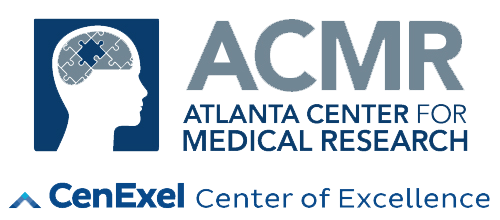




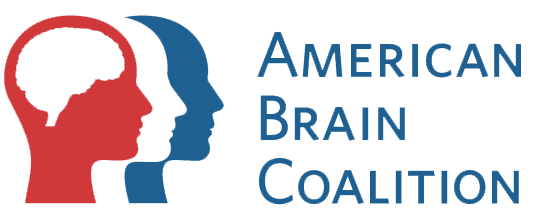
![]()




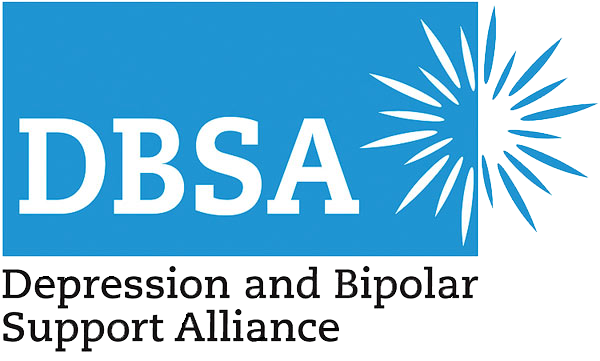
















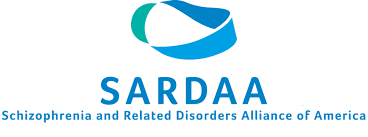
![]()






